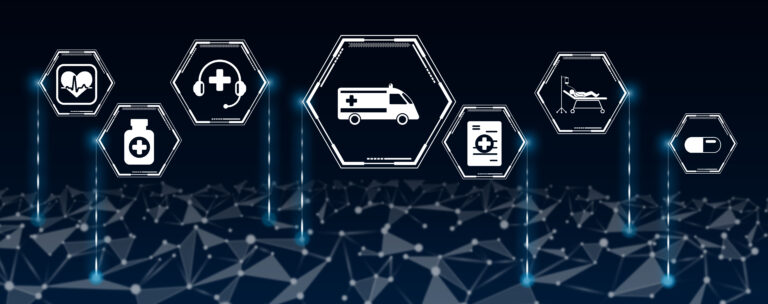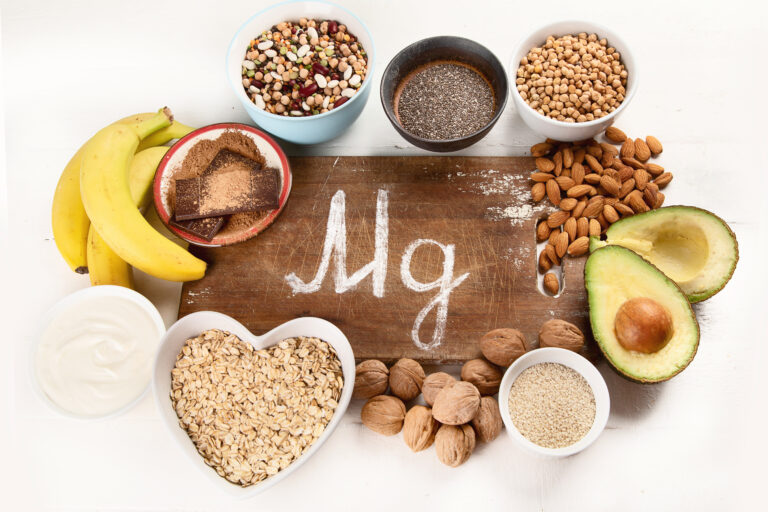## Should You Eat Protein Right After Waking Up?
Let’s break down what happens in your body when you wake up and why protein might—or might not—be a good idea first thing in the morning.
## What Happens to Your Body Overnight?
While you sleep, your body is busy repairing tissues, building muscle, and doing all sorts of maintenance work. But you’re also not eating for several hours, which means your body starts to use stored energy. After about 8–12 hours without food, your body can enter a state called “catabolism,” where it might start breaking down muscle for energy if it doesn’t have enough fuel from food[2]. This is especially true if you didn’t eat much protein before bed.
## Why Protein in the Morning?
Eating protein soon after waking up can help stop this muscle breakdown. Protein provides amino acids, which are the building blocks your body uses to repair and build muscle. By giving your body protein first thing, you’re telling it, “Hey, here’s what you need—no need to break down muscle for energy!”[2]
Some research shows that older adults who eat more protein at breakfast have better muscle mass and strength, which is important for staying active and independent as you age[1]. While this research focuses on older adults, the basic idea applies to most people: protein in the morning can help maintain or even build muscle.
## How Much Protein Should You Eat in the Morning?
There isn’t a one-size-fits-all answer, but most experts suggest aiming for about 20–30 grams of protein at breakfast. This amount is enough to stimulate muscle protein synthesis (the process of building new muscle) for most people. If you’re very active, older, or trying to build muscle, you might benefit from even more.
## What Are the Benefits?
– **Muscle Maintenance and Growth:** Protein provides the amino acids your body needs to repair and build muscle, which is especially important after a night of fasting[2].
– **Satiety:** Protein helps you feel full, which can prevent overeating later in the day.
– **Metabolism:** Eating protein can slightly boost your metabolism because your body uses more energy to digest protein compared to carbs or fat.
– **Bone Health:** Adequate protein intake is linked to better bone health, which is important for women especially as they age[3].
– **Immune Function:** Protein is essential for a healthy immune system[3].
## Are There Any Downsides?
For most healthy people, eating protein in the morning is safe and beneficial. However, if you have certain medical conditions (like kidney disease), you should talk to your doctor before increasing your protein intake. Also, if you’re not used to eating much protein, starting with a large amount might cause some digestive discomfort, so it’s best to ease into it.
## What If You’re Not Hungry in the Morning?
Not everyone feels hungry right after waking up. If that’s you, it’s okay to wait a bit before eating. The most important thing is to get enough protein throughout the day. If you prefer to eat later, just make sure your first meal includes a good source of protein.
## What Are Good Sources of Morning Protein?
You don’t need protein shakes or supplements unless you want them. Plenty of whole foods are great sources of protein:
– Eggs
– Greek yogurt
– Cottage cheese
– Lean meats like turkey or chicken
– Tofu or tempeh
– Nuts and seeds
– Protein-rich whole grains like quinoa
## What About Protein Timing for Athletes?
If you work out in the morning, eating protein soon after waking up can help prepare your muscles for exercise and start the recovery process right away[2]. After your workout, having more protein (ideally within 30–60 minutes) helps with muscle repair and growth[2]. But if you’re not an athlete, the exact timing is less critical—just focus on getting enough protein over the course of the day.
## Special Considerations for Women
Women, especially as they age, can benefit from adequate protein to maintain muscle and bone health[1][3]. There’s a growing trend of women increasing their protein intake for these reasons, as well as for immune support and overall wellness[3]. If you’re pregnant, breastfeeding, or have specific health concerns, check with a healthcare provider for personalized advice.
## Common Myths
– **Myth:** You must eat protein within 30 minutes of waking up to see benefits.
**Fact:** While eating protein soon after waking can help, the total amount you eat over the day matters more than the exact timing.
– **Myth:** Only athletes need protein in the morning.
**Fact:** Everyone can benefit from protein at breakfast, especially as they get older[1].
– **Myth:** Protein shakes are necessary.
**Fact:** Whole foods are just as effective (and often more nutritious) than supplements.
## Practical Tips
– **Start small** if you’re new to high-protein breakfasts.
– **Mix it up**—try different protein sources to keep things interesting.
– **Listen to your body**—if you’re not hungry, it’s okay to wait.
– **Combine protein with fiber and healthy fats** for a balanced meal that keeps you full longer.
## The Bottom Line
Eating protein right after waking up can help maintain muscle, keep you full, and support overall health, especially as you age[1][3]. But it’s not a strict rule—what matters most is getting enough protein throughout your day. If you enjoy a protein-rich breakfast, go for it. If not, just make sure to include protein in your meals later on. And if you have any medical conditions, always check with your doctor before making big changes to your diet.
[1]
[2]
[3]





